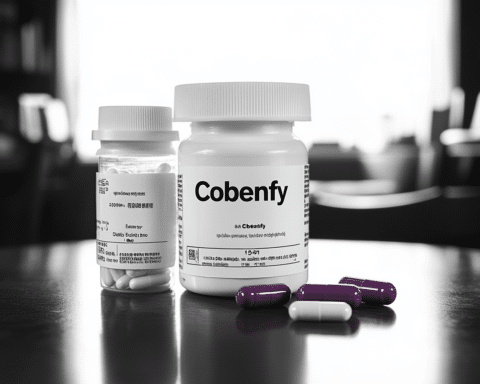In a significant medical breakthrough, Moderna and Merck have announced encouraging three-year data from their experimental vaccine, which, when combined with Keytruda therapy, has demonstrated improved survival rates in patients suffering from the deadliest form of skin cancer. Presented at the American Society of Clinical Oncology annual meeting in Chicago, this data underscores the vaccine’s potential to enhance patient outcomes significantly.
Groundbreaking Results
The combined treatment of Moderna’s vaccine with Merck’s Keytruda has shown promising results in a midstage study, particularly in extending the survival of patients battling the severe form of skin cancer. “The overall survival rate of patients who took the vaccine in combination with Keytruda was 96% after 2½ years,” compared to 90.2% for those receiving only Keytruda, highlighted Marjorie Green, Merck’s head of global clinical development of oncology. This improvement in survival rates could be a game-changer in the treatment of melanoma.
Technical Breakthroughs
The vaccine employs the same mRNA technology used in Moderna’s Covid vaccine, tailored based on an analysis of the patient’s tumors. This innovative approach helps the immune system recognize and combat specific mutations in cancer cells, marking a significant advancement in personalized medicine. Dr. Kyle Holen, Moderna’s head of development, therapeutics, and oncology, remarked on the potential of the shot to treat a “broad range” of melanoma patients, reflecting the versatility and effectiveness of this method.
Regulatory and Future Steps
The promising results have paved the way for an accelerated approval process with the FDA, aiming to bring this potentially life-saving treatment to patients sooner. “We are excited about working to reduce the time between the initial analysis of a tumor and when a patient gets injected with the shot,” stated Stephane Bancel, CEO of Moderna. This sense of urgency underscores the potential impact of the vaccine and its ability to fill a crucial unmet medical need in cancer treatment.
Moderna and Merck’s collaboration on this vaccine marks a significant milestone in cancer research and offers hope to thousands of melanoma patients worldwide. As immunization progresses through further trials and regulatory pathways, the medical community eagerly anticipates its potential to change the cancer treatment landscape, profoundly impacting patient survival and quality of life.




